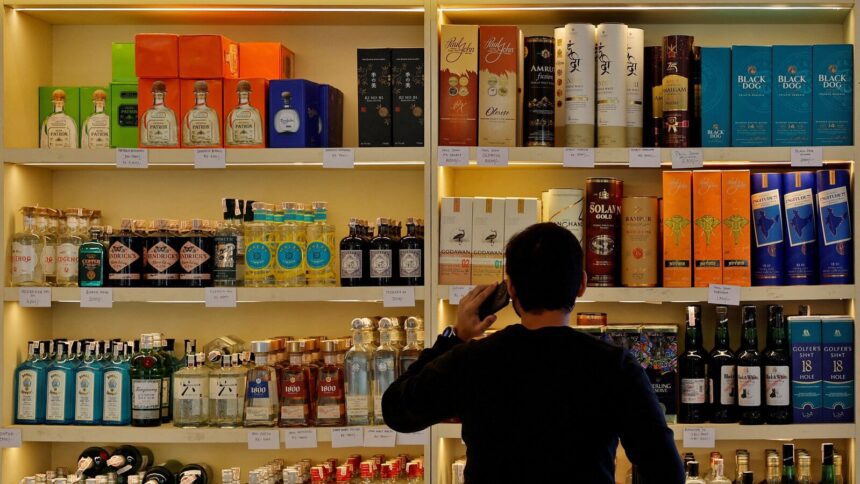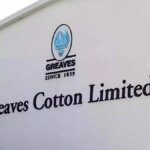The liquor policy in Delhi has undergone numerous revisions, generating significant controversy and uncertainty over time. This situation has ultimately resulted in arrests and financial setbacks for many. The latest shift occurred just last week. Mint provides an overview of this event.
What is the background of Delhi’s liquor policy?
In November 2021, the Aam Aadmi Party government in Delhi privatized the sale of liquor with the main aim of boosting revenue. By August 2022, this policy was abandoned. A report from the Comptroller and Auditor General later criticized the government for granting undue advantages to liquor licensees, resulting in over ₹2,000 crore in losses for the state. This led to the closure of more than 400 private stores, reverting to a system dominated by four entities: Delhi State Industrial and Infrastructure Development Corporation, Delhi Tourism and Transportation Development Corporation, Delhi State Civil Supplies Corporation, and Delhi Consumer’s Cooperative Wholesale Store.
What is the latest development?
On 10 January, the four state-run agencies convened with alcohol distributors and private organizations to roll out a new ‘fixed-ordering’ mechanism, despite the ongoing election code of conduct. A circular distributed to distributors indicated that Delhi currently lacks a variety of affordable options, particularly regarding whisky, and that the excise department aimed to minimize the promotion of lesser-known brands. It referred to studies conducted between 2017 and 2019, alleging instances of “collusion” and “brand pushing” involving less-known labels and whiskies from Punjab. The excise department viewed these claims as proof of malpractice.
Read more:
Which brands from Punjab were singled out?
The circular identified several whisky brands from Punjab that are being marketed across the city. The list of brands purportedly “disproportionately promoted” includes Royal Green (ADS Spirits); All Seasons (The Oasis Group); White and Blue (Alcobrew); Aristocrat Premium (Jagatjit Industries), and Dennis Special Gold (Rock and Storm Distilleries Pvt. Ltd).
What were the recommendations from the state’s excise department?
The circular, which was reviewed by Mint, listed 13 whiskies from five alcohol manufacturers—Allied Blenders, Diageo, Radico Khaitan, Pernod Ricard India, and ADS Spirits—that enjoyed popularity. The compilation was based on national and local sales data, it indicated. Introducing these brands could help curtail the “menace of brand pushing” of lesser-known whiskies. The department proposed a points-based system for bulk liquor procurement, giving preference to brands with stronger sales outside the National Capital Region (NCR) over those solely in the city.
Read more:
What was the industry’s response?
The Delhi Distillers and Brewers Association contended that the new system favored larger corporations. A representative from the Punjab industry expressed concerns that the policy would hinder new or local brands from succeeding. In light of the criticism, the excise department convened a meeting led by the additional chief secretary of finance to address these issues. On 20 January, the department postponed the rules that were set to take effect on 22 January, opting to delay the new system until all representations are taken into consideration.










